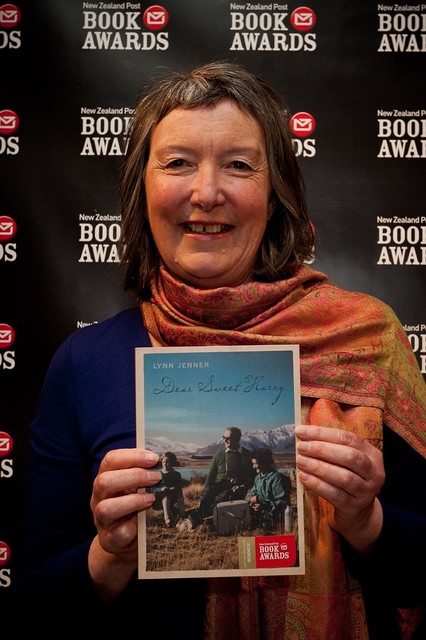 |
| Judy Hojin Kimmel |
During the morning before I left, it happened that I looked up towards the altar where she was sitting and had a perception of emptiness, as if no one was there.
Earlier this month, I enjoyed reading a graphic novel entitled Persepolis, by Marjane Satrapi (Pantheon, 2007), an autobiography revealing the effect of fundamentalist Islam on a young girl in Iran. Someone had lent me the book, and as soon as I finished it, I bought my own copy, the complete work in two volumes: the first is better, I think. The illustrations are plain line drawings, black and white, most expressive. The story has been pared down and down, very good.
A recent experience: I was one of the winners in a translation competition with a translation of Rosa Ausalender's Dichten. Rosa Auslaender managed to survive the Holocaust and returned to Germany after the war. She is regarded as an important 20th century poet, a friend of Celan's. Her most famous poem is entitled Motherland:
Mutterland
Mein Vaterland ist tot
sie haben es begraben
im Feuer
Ich lebe
in meinem Mutterland
Wort
The local Goethe Institut and the German lecturers at Victoria University organised an exhibition of her poems in German, with wonderful photos, accompanied by translations of varying quality - some were by established translators, some by students, some by Google Translate. A translation workshop was great fun: Lloyd Jones read a translation he'd worked on, and so did Kate Camp, beautiful.
I don't feel that my work is as good as theirs by any means - but maybe it has the quality of being faithful to Rose Auslaender's words. I am not sure how pleased she would be herself. She may have liked some of the minimalist translations, which allow a lot of air around the words, letting them float.
The four winning entries will be posted in bus-stops around Wellington for two weeks. My friends say, let's party in the bus stop, drink champagne! It will be fun!
 |
| Poet Lynn Jenner |